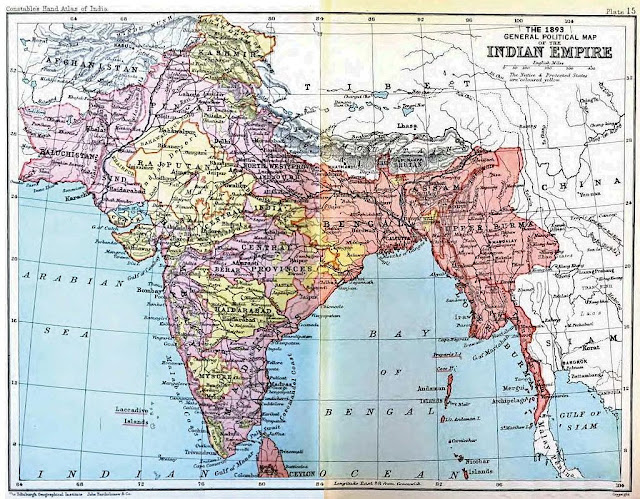It is well understood in psychology that our beliefs, especially those formed in childhood can have a great impact on our behaviour and choices later on in life. Even though Cognitive Behavioral Therapist may not deal with issues from the past, and in certain cases you may not need to, it is well acknowledged that it does occur in traditional psychotherapy as well as literature.
With my experience with individuals, I have also come across individuals who are struggling with certain behaviors and choices presently, that stem from beliefs and experiences in early life.
Below I will give a fictional account of what that may look like in order to help readers understand how such beliefs can be formed, and how they may be invisible to the individual themselves.
Fictional Account:
Laura, 35, is a middle manager at a local chain of retail stores. She comes from an upper-middle-class background, and both her parents were immigrants and doctors. Laura had two more siblings. A good education was emphasized in the household, and so was child achievement. Parents had high expectations of all their children.
Laura goes to see her therapist help her deal with anxiety in her job. Laura has been offered a promotion and much better pay, but she is hesitating to accept it. She feels her job has massive amounts of stress and she is having trouble dealing with anxiety. She needs the therapist to help her with motivation and coping skills so she can become more productive and have the confidence to accept the new promotion.
However, regression work reveals that her parents always wanted their children to become doctors. In fact, her siblings did eventually become doctors. Her academic and work choices never got approval from her parents and she always felt 'not good enough'. The fact that her siblings gained more 'approval' from her parents due to their academics and professions, would have also created a low sense of self.
This presented Laura, a bright, strong woman, with an internal conflict. The conflict was to accept and progress in her job as she wanted, and become a doctor as her parents wanted. Even though at her age and level of career, it was almost impossible to do so, the conflict still existed. Even though she wanted her career in management, she could not fully accept it herself as her parents never approved of it. She was, at some level, living in the past and not as an adult.
Making her aware of this conflict alone was therapeutic. On top of that, she was given suggestions for becoming her own parents, becoming an adult, ego strengthening, and realizing her life choices are for her to make.
Conclusion:
The above fictional account of Laura is typical of individuals I have worked with all around the world. The influence of parental pressure, if not dealt with by the parents, can lead to anxiety and stress much later in life. The worst part is that the individual themselves is totally oblivious to why it is happening.
The above account is presented not only to demonstrate how psychotherapy and hypnosis can help unearth and deal with past issues to resolve problems in the present but is also a lesson in parenting. It is fundamental, in all cultures, that we let our children grow into their individual selves. Children pick up subtle cues and expectations of their families and authority figures around them, even when it is not explicit.
Umair Usman is a Rapid Transformational Therapy Practitioner, a businessperson, and a blogger. You can know more about him at www.thecognitiveconsultants.com. To book a free consultancy session, please fill the form https://tinyurl.com/y6n2vv8w




Comments
Post a Comment